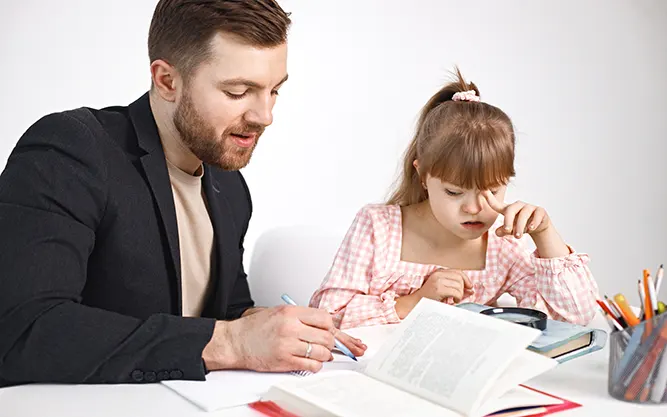Speech Delay – Surprising Causes And Tips To Help
A speech and language delay is when a child isn’t developing speech and language at an expected rate. It’s a common developmental problem that affects as many as 10% of preschool children. If your child has a language delay, they won’t reach language milestones at the typical age. Their specific symptoms and missed milestones depend on their age and the nature of their language delay.
Common symptoms of a language delay include:
- Not babbling by the age of 15 months
- Not talking by the age of 2 years
- An inability to speak in short sentences by the age of 3 years
- Difficulty following directions
- Poor pronunciation or articulation
- Difficulty putting words together in a sentence
- Leaving words out of a sentence
Speech delays often occur when there’s a problem in the areas of the brain that control the muscles responsible for speech. As a result, children may struggle to produce sounds because they can’t coordinate their lip, tongue, and jaw movement. When the brain doesn’t communicate with facial muscles, a condition called apraxia, children can’t move the muscles needed for speech. Another oral-motor disorder, dysarthria, occurs when the muscles controlling the face, lips, and tongue are too weak to work properly.
Noticing your child having a speech delay can be concerning. However, it is important for parents and caregivers to be involved in this process to give the child the best possible shot to achieve their speech and language milestones and goals suitable to them.
Unique Approach of Jeevaniyam, The Best Autism Treatment Centre In Kerala
At Jeevaniyam, We are the best speech and language therapy centre in Cochin. We take care of children with speech delay through our specialized assessments. The first step is to have a professional evaluate your child to eliminate any other problems that may be causing the speech and language delay. Early evaluation by a speech-language pathologist in addition to your child’s doctor is ideal. The speech-language pathologist will evaluate the child’s speech and language skills based on their developmental level. They will also check and do tests to determine if the child is reaching speech and language milestones.
The speech-language pathologist will also assess:
- Receptive language (what the child understands)
- Expressive language (what the child can say)
- If there is any attempt to communicate in other ways like gesturing
- Oral-motor status of the child
By understanding the surprising causes of speech delay and implementing effective strategies, you can support your child’s speech development journey. Through early detection, intervention, and a nurturing environment, you can help your child overcome speech challenges and reach their full potential. Remember, each child’s journey is unique, so be patient, seek professional guidance, and celebrate every small achievement along the way.
The speech-language pathologist in Jeevaniyam might recommend speech therapy for the child based on the result of these tests. Through speech therapy for kids, the child will improve speech and language skills and learn to communicate more efficiently. In addition to therapy, there are many things parents and caregivers can do to promote and encourage speech development at home.




